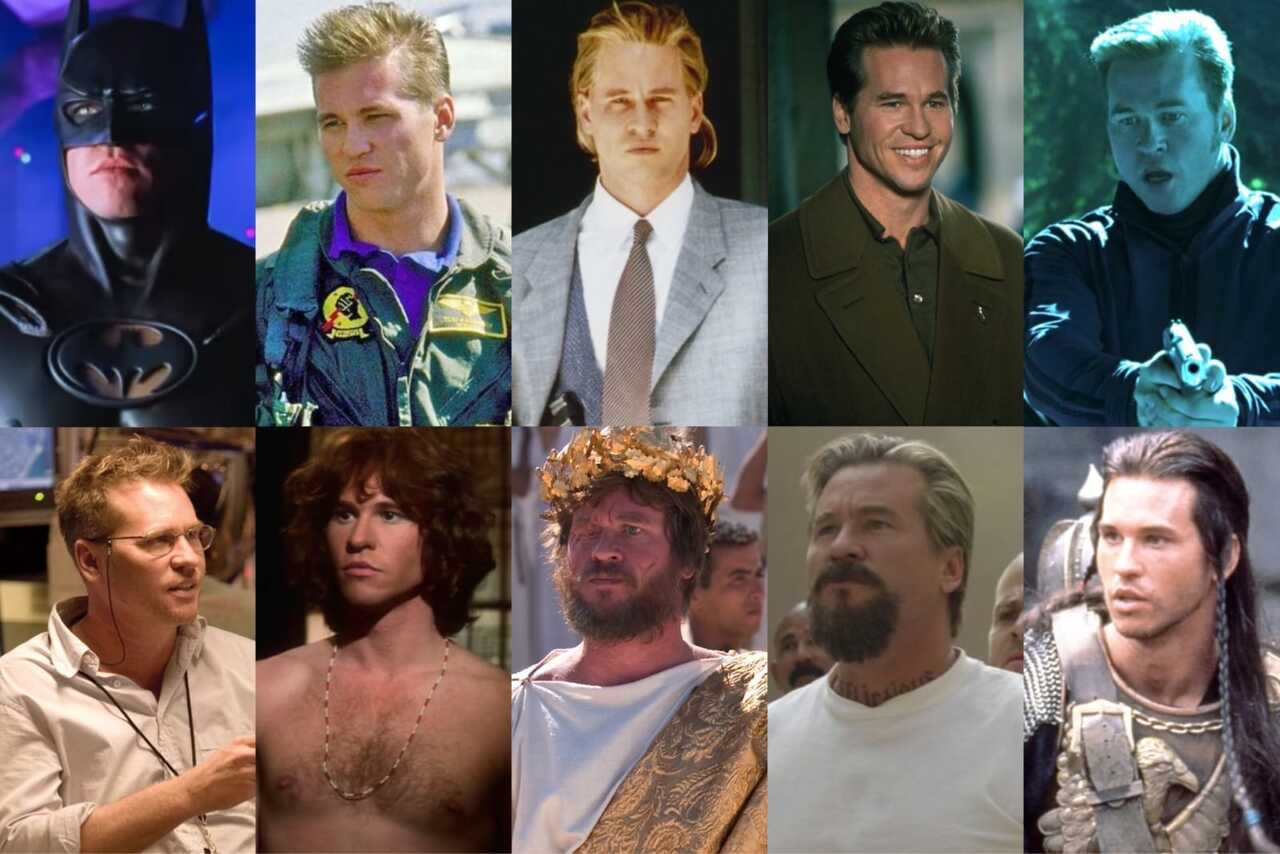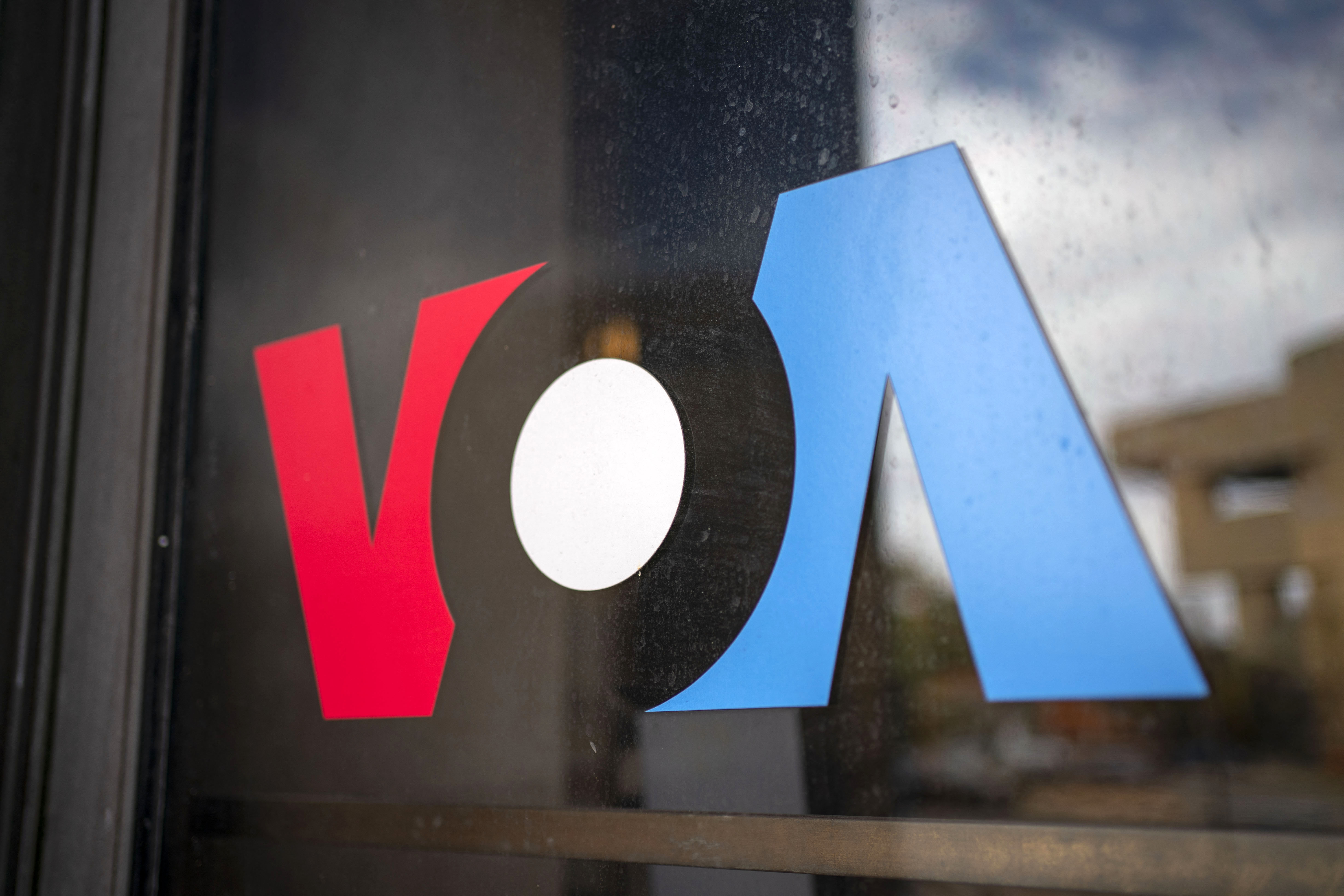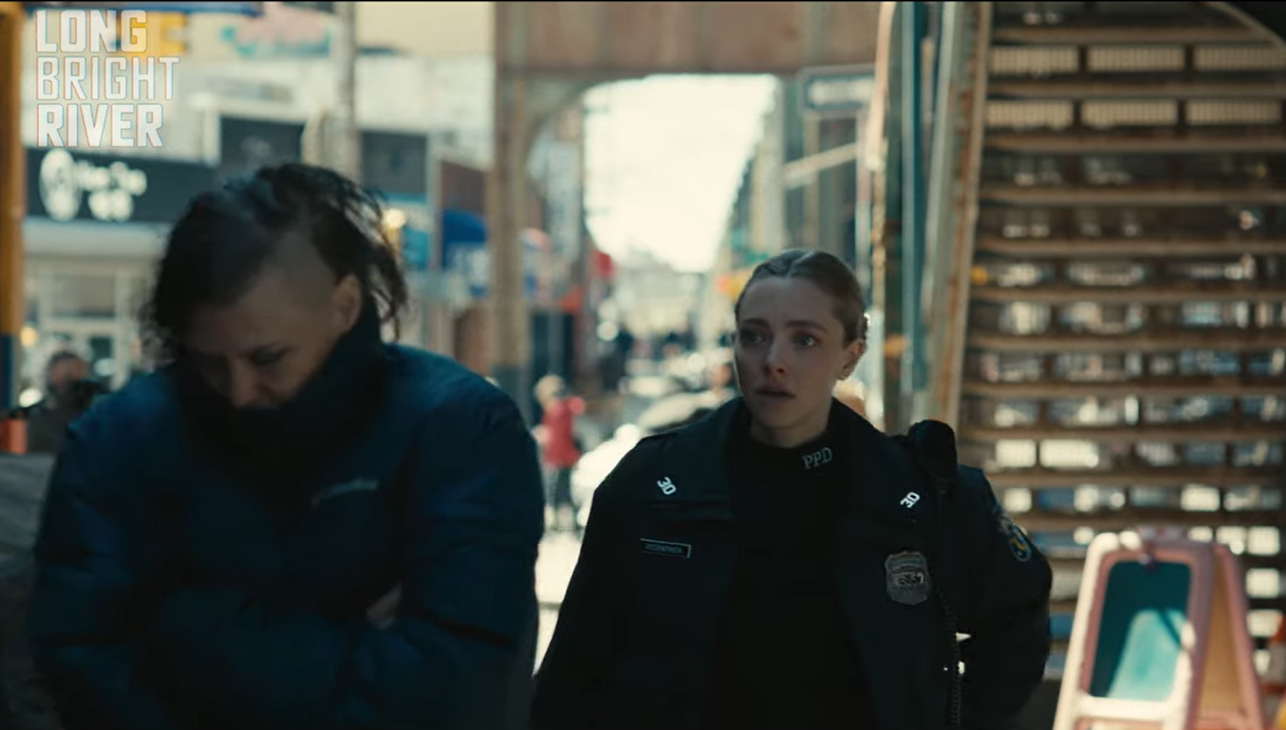
Magical realism to overcome the patriarchy
The film 'Clara Sola,' directed by Costa Rico's Nathalie Alvarez, inspires women to break the chains of religious yokes and social prejudices.
How can a mare and a beetle console a woman fleeing her sexual awakening? Clara Sola, the debut feature by Costa Rican-Swedish director Nathalie Alvarez, seems to outline an answer.
The film’s lead is 40-year-old Clara, who suffers from a religious repression driven by her own mother in a remote Costa Rican village. Tension increases in her family when her niece approaches her 15th birthday and introduces her boyfriend. This situation will lead Clara to undertake a journey of liberation from all the prejudices that have dominated her life.
The film premiered this July in the United States at a key political and social moment for the debate on abortion and feminism. It was previously presented at the Cannes, Guadalajara, Lima, Sao Paulo, BFI London, Goteborg, Cartagena and Thessaloniki film festivals. It won five awards at the Guldbagges (Swedish Film Awards): Best Film, Best Director, Best Cinematography, Best Sound, and Best Screenplay.
Amid flights, intercontinental travel, premieres and awards, Álvarez spoke with AL DÍA before the screening of her production in New York, California, Ohio, Oregon and Washington.
How did the idea of producing Clara Sola come up? What inspired you?
It was born as an exercise to apply to a screenwriting school. They gave us a couple of photos and from there Clara was born, who is very honest with herself and feels no shame. The first scene is a masturbation, a scene of liberation. From there, the rest develops. It takes place in a rural area in Costa Rica. I co-wrote it with María Camila Arias. She grew up in Colombia and I grew up in Costa Rica. We always look at Latin America with a lot of love, but we also question the patriarchal norms that are passed from generation to generation, from woman to woman. Patriarchy continues to reproduce itself, even in homes where there are no men.
RELATED CONTENT
The lead is Wendy Chinchilla, who lives the character's body and soul. How was the casting?
From the beginning, I was almost sure she would be a dancer because I needed a person who had a lot of body control even though Clara is a character who doesn’t move that much. But she does have a lot of inner movement. I started looking in various places and I met Wendy at a contemporary dance show where I saw her dancing, and we called her for the casting. We worked a lot because I come from physical theater and mime and she comes from dance. We worked from the physical, from the internal images and imagining how she had small roots in her back to create the posture that Clara has. The internal images created the sensation that, inside, she is much bigger than her own body, that she needs to free herself. We worked a lot with the image of the wolf, Clara is 20% wolf.
You grew up between Costa Rica and Sweden, why did you choose Latin America for your debut film?
This character of Clara came up living in Costa Rica. It was always very clear. The nice thing is that this is my first film in Spanish, because my short films have been in Swedish and English.
In addition to Cannes, your film has been screened in other European competitions. What has the public’s reception been like?
Very positive. I thought there would be certain topics that would be difficult to talk about, but I have found a positive response. There are topics that people don’t dare to talk about to start a conversation. But watching a platform, like a film or any other work of art, it’s much easier to start a conversation.
Clara Sola arrives in the U.S. in the midst of the controversy over the repeal of abortion rights. What do you expect?
It’s very sad to follow this news and it’s very crazy that it’s happening because it could relatively influence the rest of the world. Clara Sola is a feminist film about self-healing, self-love, and being able to choose. Clara is not allowed to choose about her own body, and this goes very much in parallel with this abortion thing. It’s something that was talked about in Costa Rica when the film came out because abortion is illegal there. I hope the film manages to open conversations, minds and hearts about women’s rights over their bodies.
Are there more Claras in the world?
There are many. In fact, in Costa Rica they used the hashtag #TodasSomosClara because, in a way, we all have something of Clara. It has a lot to do with how we have been raised, with the kind of betrayals that are imposed on us and how they limit us. I hope the film creates internal revolutions, even if they are very small. That it leaves something that somehow revolutionizes, heals or angers.











LEAVE A COMMENT: